
Information & Tips
8 Mei 2025
Government Aims for 1.6 Million BPD Oil & Gas Lifting in 2025
An Effort to Achieve National Energy Security
The oil and natural gas industry in Indonesia is currently facing quite serious challenges. On the one hand, we are required to maintain national energy security, but on the other hand, the demand for clean energy is increasingly urgent. This condition puts oil and gas production under pressure.
We are still highly dependent on fossil energy to meet national energy needs. But, the pressure to switch to clean energy is getting stronger.
Especially this year, where government, through the Ministry of Energy and Mineral Resources (ESDM) and Special Task Force for the Implementation of Upstream Oil and Gas Business Activities (SKK Migas), is aggressively pushing to increase oil and natural gas production. This ambitious production target was set to achieve national energy security.
The government has set a fairly ambitious oil and gas production target in 2025. Djoko Siswanto, the Head of SKK Migas, expressed his confidence that the agency will achieve its production target of 1.61 billion barrels of oil equivalent per day (BOEPD). That number comprises 605 thousand barrels of oil per day and 1.01 million BOEPD from natural gas production.
However, a number of challenges make achieving this target difficult. One of them is the aging oil fields. Many oil wells in Indonesia have entered a declining production phase, making it difficult to increase production significantly.
One of the strategies to overcome this issue is to revitalize the oil wells that are no longer active. The government is also opening opportunities for foreign oil companies to collaborate with local firms in developing new oil fields.
Efforts to Increase Production
To achieve the defined production target, both government and oil and gas companies have undertaken a range of attempts, including:
Exploration: Seeking new oil and gas reserves through seismic surveys and exploration drilling.Increasing Production in Existing Fields: Utilizing Enhanced Oil Recovery (EOR) to increase the production from aging wells.Accelerating Approval: Simplifying licensing and bureaucratic processes to accelerate the development of the new oil and gas fields.
- Strategic Collaborations: Collaborate with foreign oil and gas companies to bring new technology and investment.
Collaboration with foreign oil companies is considered crucial to accelerate the production growth in Indonesia.
One example is the collaboration between Pertamina and Sinopec, an oil company from China.
In this collaboration, Pertamina and Sinopec will share technology to increase production in several oil fields owned by Pertamina.
Apart from that, the government will also provide incentives to attract investment in the upstream oil and gas sector. Some of the policies that have been implemented including:
More Profitable Production Sharing Contract: The government has revised the Production Sharing Contract (PSC) to make investments in the upstream oil and gas sector more attractive.Oil and Gas Block Auction: The government is actively conducting auctions for new oil and gas blocks to open up new investments for oil companies.
- Regulation Flexibility: The government continues to improve regulations to create a conducive investment climate.
The oil and gas production targets set by the government are quite high. However, with various efforts made by the government, state-owned companies, and private companies, it is believed that this target can be achieved.
Why is Increasing Oil and Gas Production Important?
Energy Security: By increasing domestic production, Indonesia will become more self-sufficient in meeting its energy needs.State Revenue: Increasing production will have a positive impact on state revenues from the oil and gas sector.
- Creating New Job Opportunities: Oil and gas exploration and production activities will open new job opportunities.
Even though efforts to increase production continue to be made, several challenges remain, such as:
Geographical Conditions: Indonesia’s geographical conditions, which are predominantly made up of oceans, make oil and gas exploration and production more complex and costly.Technology: Advanced technology is needed to manage increasingly complex oil fields.
- Global Oil Price Fluctuations: Fluctuating global oil prices can affect investment in the upstream oil and gas sector.
The Indonesian government continues to strive to increase oil and natural gas production to achieve national energy security. With various strategies and support from different parties, the ambitious production target is expected to be achieved.
SELOG: A Comprehensive Oil and Gas Logistics Solution
SELOG truly understands the challenges in the oil and gas industry. With broad experience and expertise, SELOG is committed to provide efficient and save logistics solution.
Strict Standard Operating Procedures (SOP): SELOG has SOPs that are specifically designed to meet all applicable regulations in the oil and gas industry. Every step in the distribution process, from reception to delivery, is carried out in accordance with the established procedures.High Quality Fleet: Our fleet is equipped with the latest technology and is regularly maintained to ensure safety and reliability in transporting oil and gas product.
Competent Team: Our team consists of proffesionals who are trained and experienced in the field of oil and gas logistics. They have in-depth knowledge about regulations, safety procedures, and handling of hazardous materials.
- Certification: As proof of our commitment to quality, SELOG has obtained various relevant certifications.
Why Choose SELOG?
Efficiency: We optimize every process to ensure on-time and cost-efficient delivery.Security: Security is our top priority. All our activities are carried out with careful attention to safety and environmental aspects.
- Quality: We are committed to providing high-quality services that meet customers’ need.
Reliability: You can rely on us to provide reliable and trusthworthy logistics solution.
SELOG is a subsidiary of PT Serasi Autoraya (SERA) and part of the Astra Group, with more than 20 years of experience in the logistics industry.
SELOG provides end-to-end logistics services, from Trucking, Shipping, Freight Forwarding, Warehousing, and Project Cargo.
Every SELOG’s services are supported by the latest digital technology including the Astra Fleet Management Solution (AstraFMS), which is not only convenient but also effective and efficient for businesses.
With its Astra Fleet AstraFMS, SELOG provides businesses in Indonesia with IT-based comprehensive solutions for managing fleet vehicles.
For more information about SELOG’s services, visit www.selog.astra.co.id or contact (021) 26605333.
Latest Article
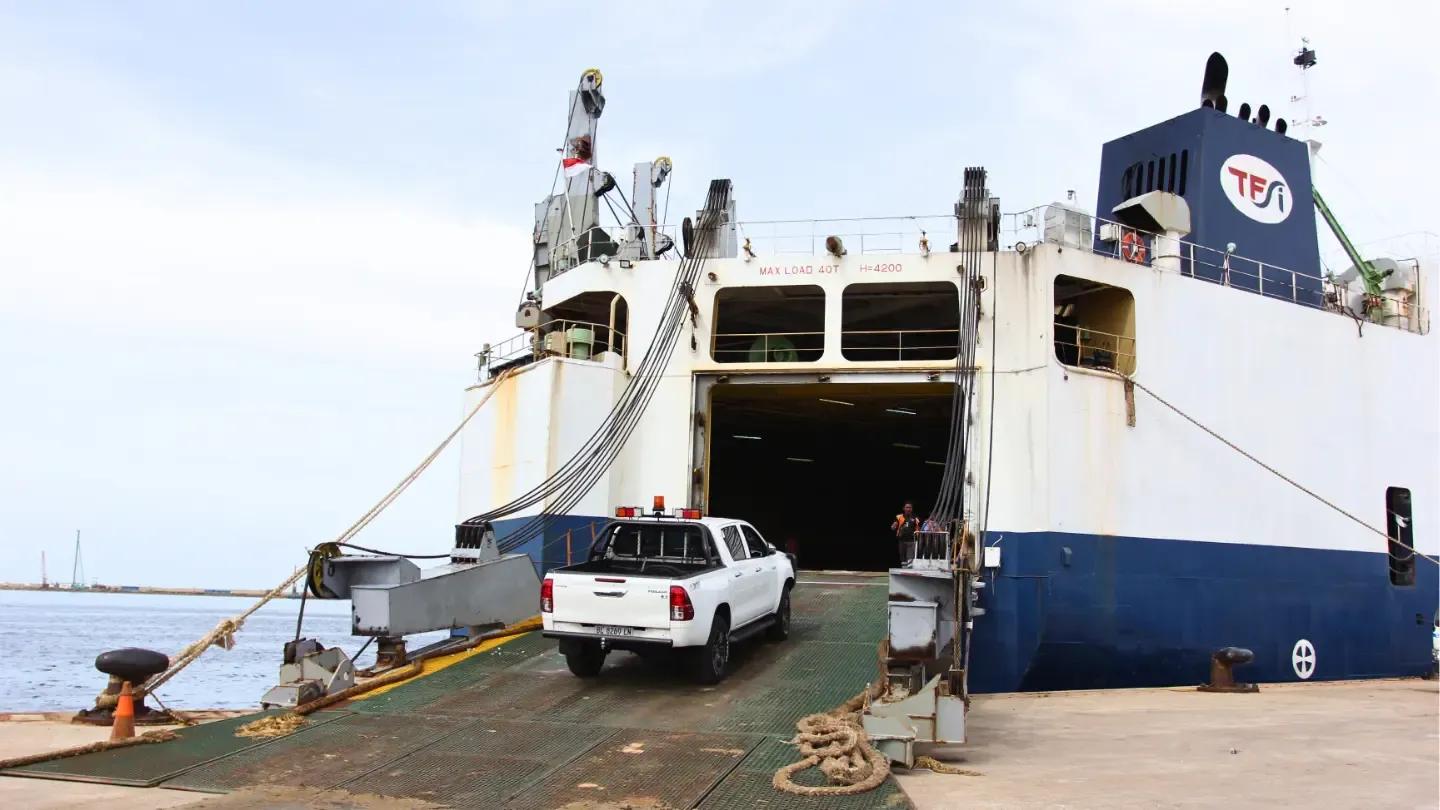
Information & Tips
12 September 2025
The Difference between Logistics Services and Freight Forwarding
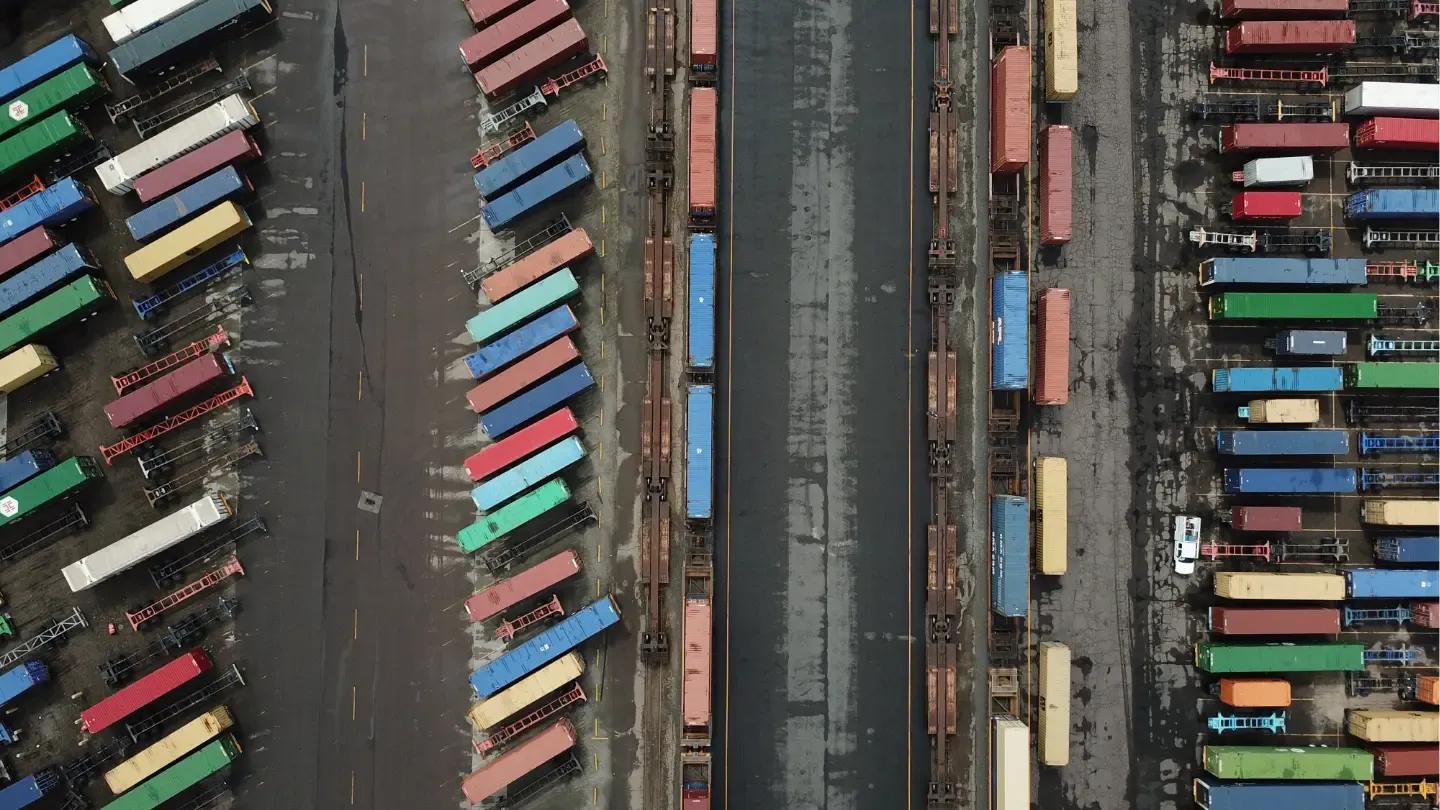
Information & Tips
12 September 2025
Compliance Made Easy: Key Logistics Policies in Indonesia
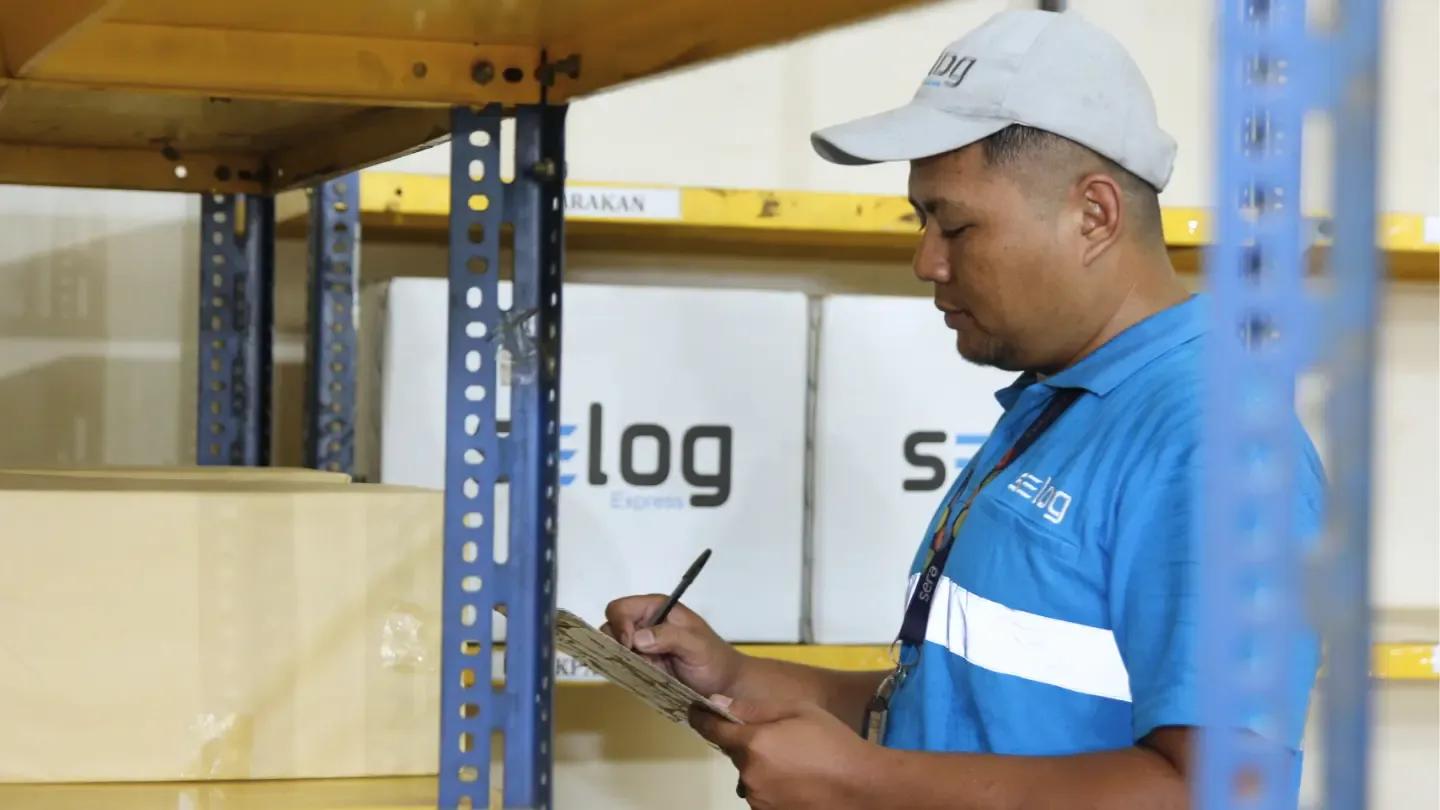
Information & Tips
12 September 2025
Shipping Time Estimates: What You Need to Know
Article Category

Information & Tips
12 September 2025
The Difference between Logistics Services and Freight Forwarding

Information & Tips
12 September 2025
Compliance Made Easy: Key Logistics Policies in Indonesia

Information & Tips
12 September 2025
Shipping Time Estimates: What You Need to Know
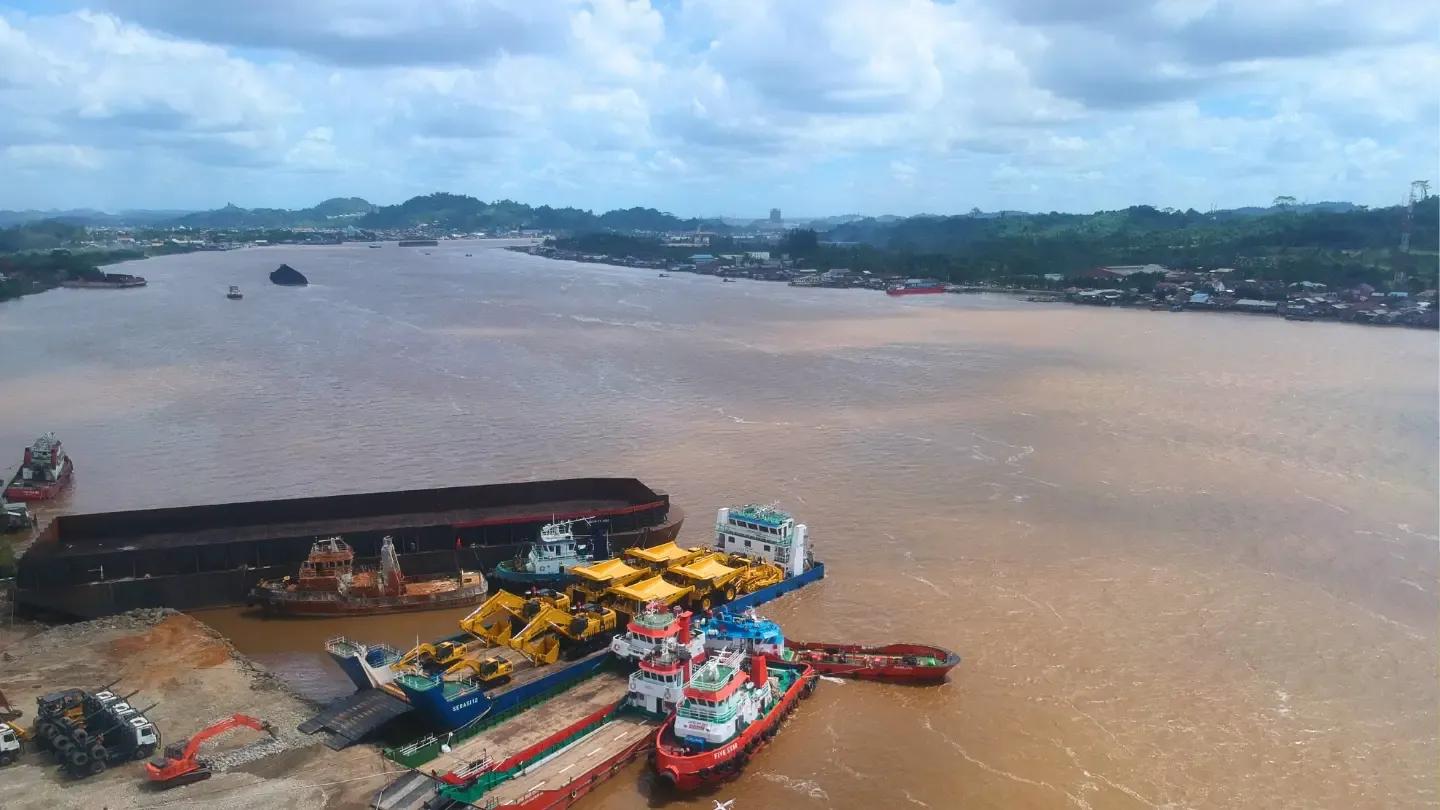
Information & Tips
12 September 2025
Understanding LCT Vessels: Marine Heavy Equipment Carriers
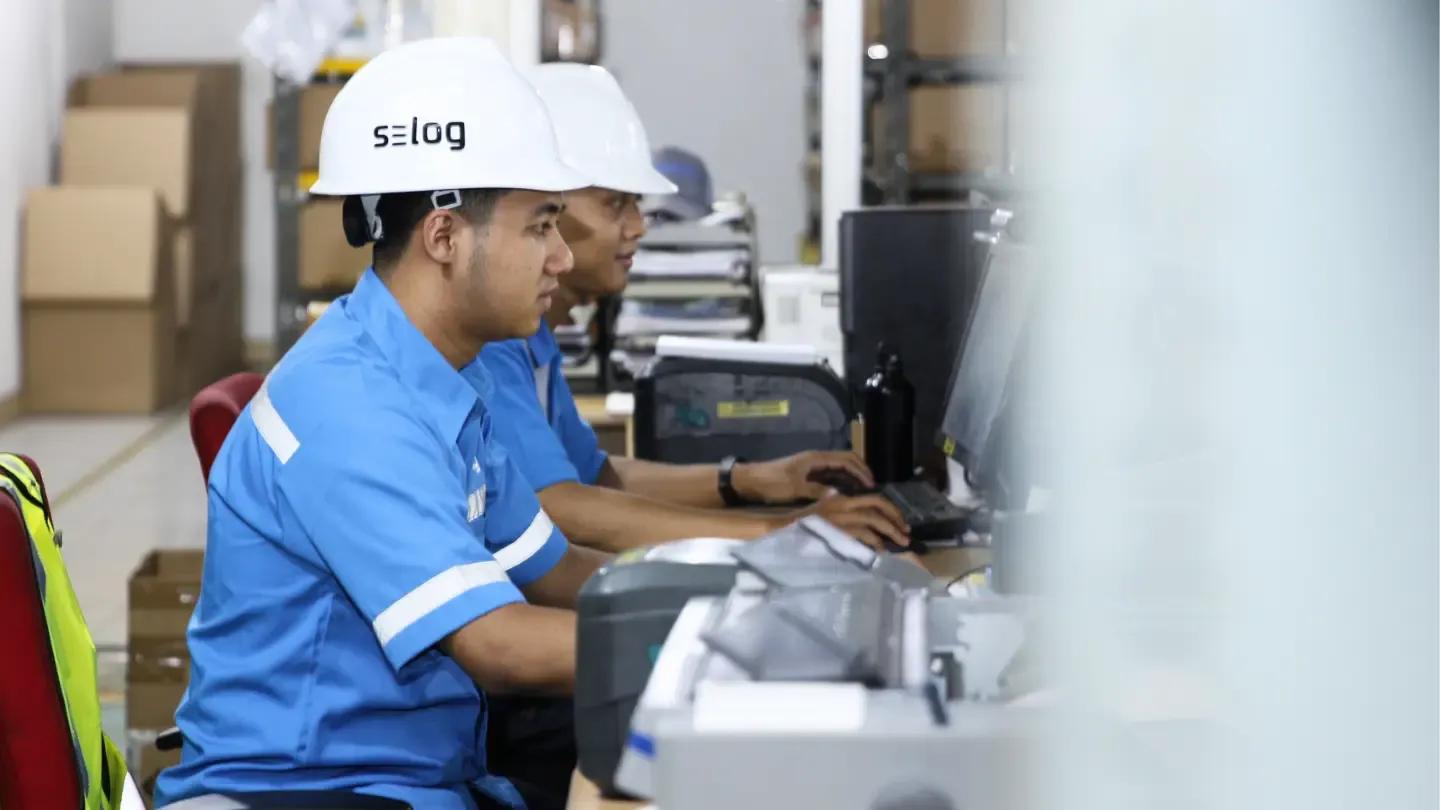
Information & Tips
12 September 2025
How To Utilize Technology in Logistics Industry
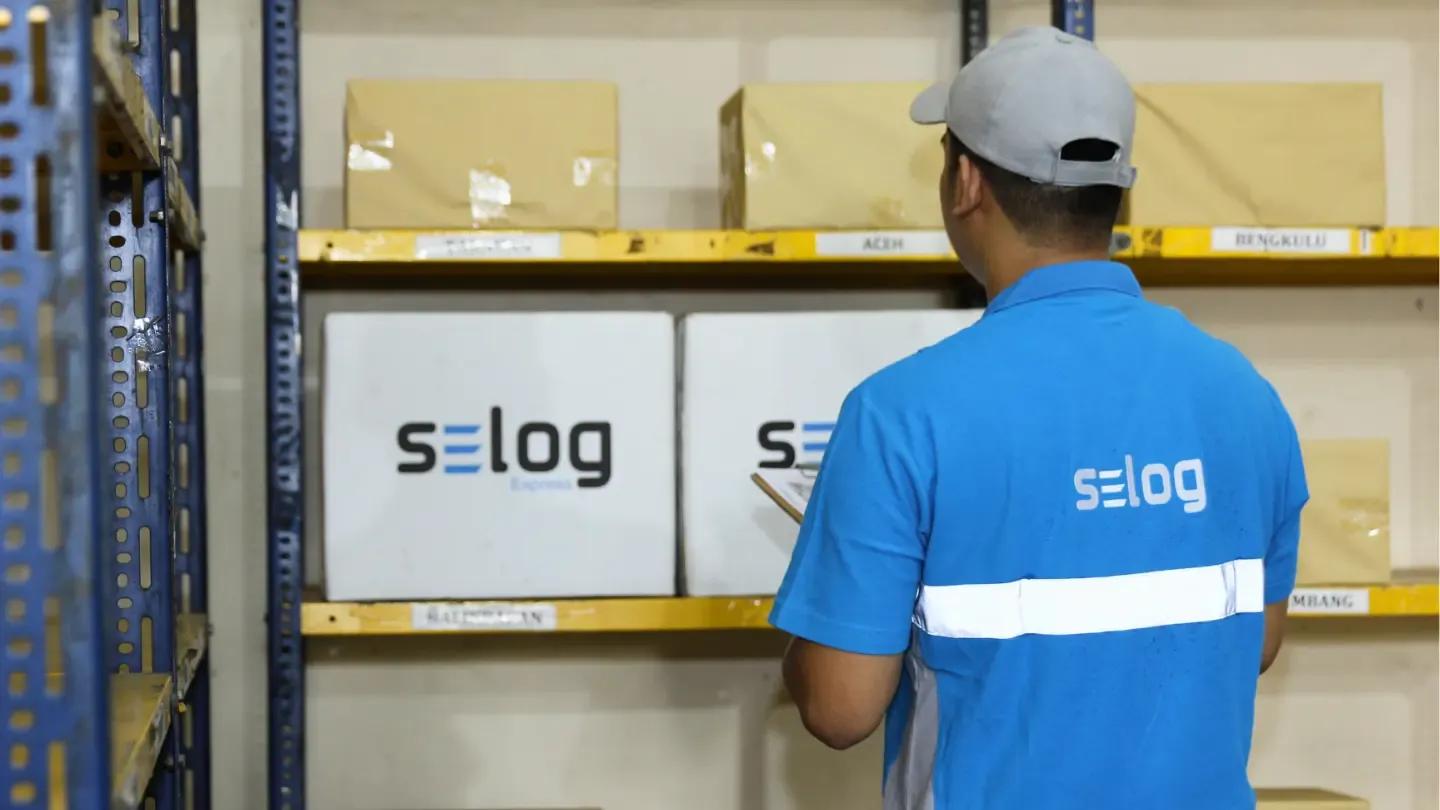
Information & Tips
12 September 2025
Logistics Costs You Shouldn’t Overlook in Shipping
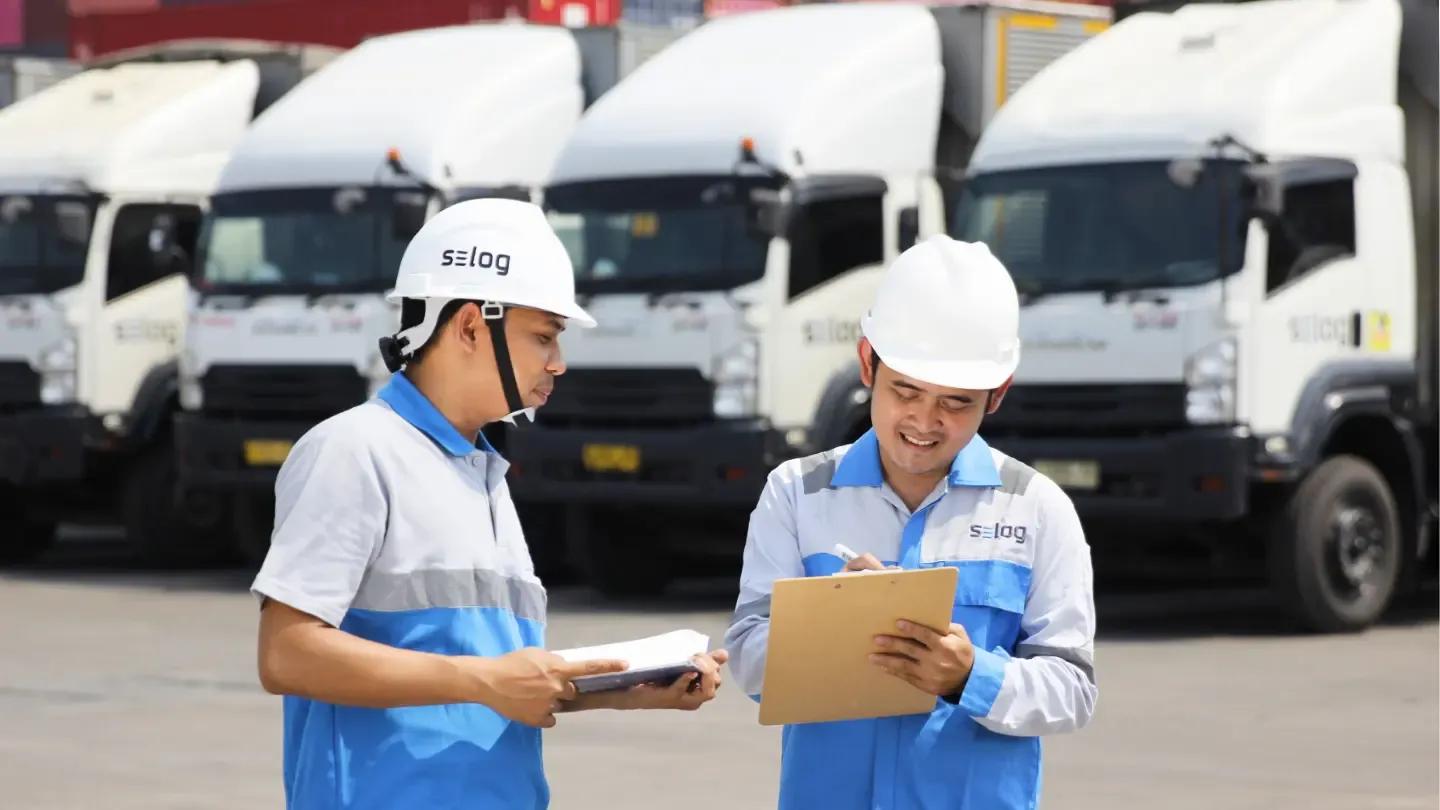
Information & Tips
12 September 2025
Understanding the Challenges of Land Shipping
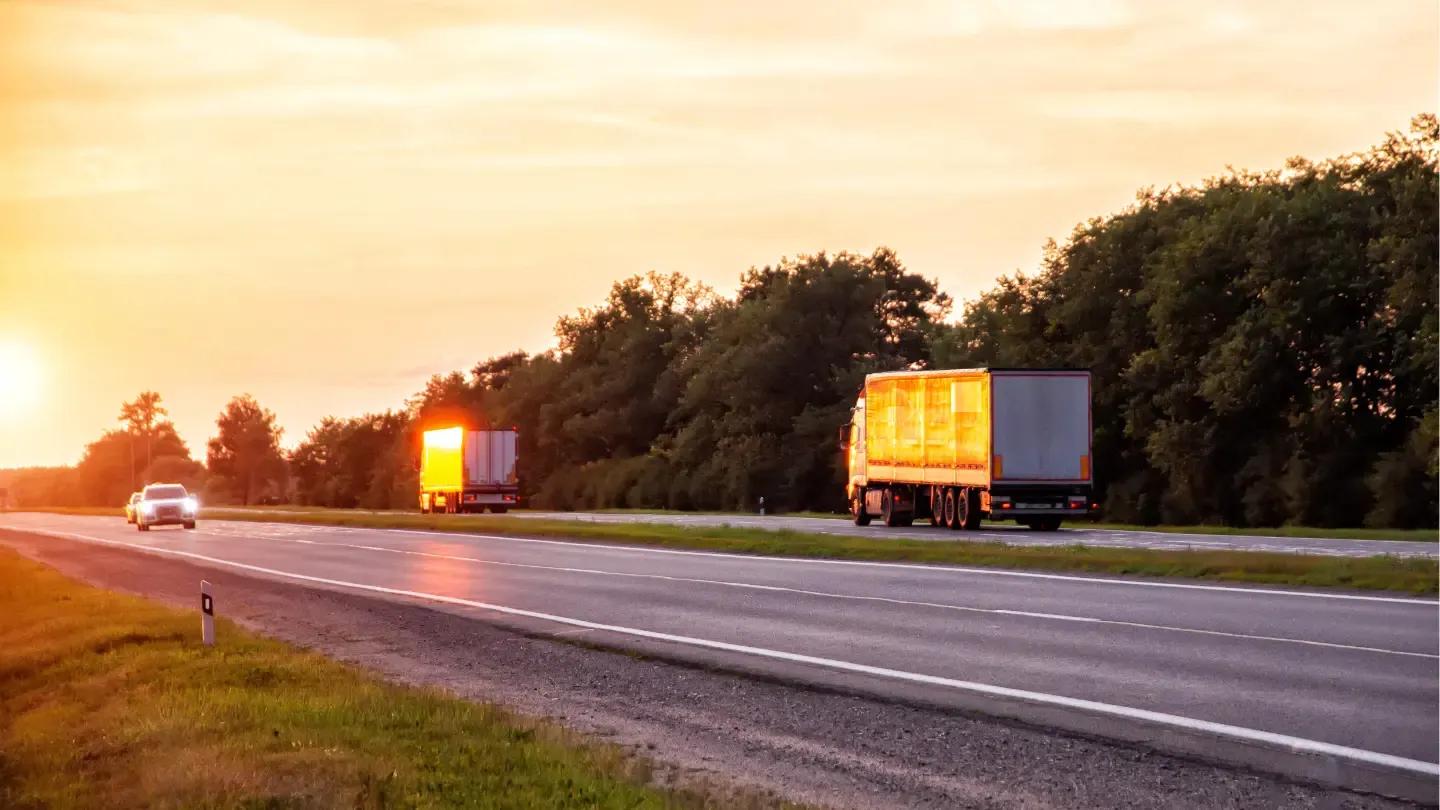
Information & Tips
12 September 2025
FTL vs. LTL: The Ultimate Freight Shipping Guide
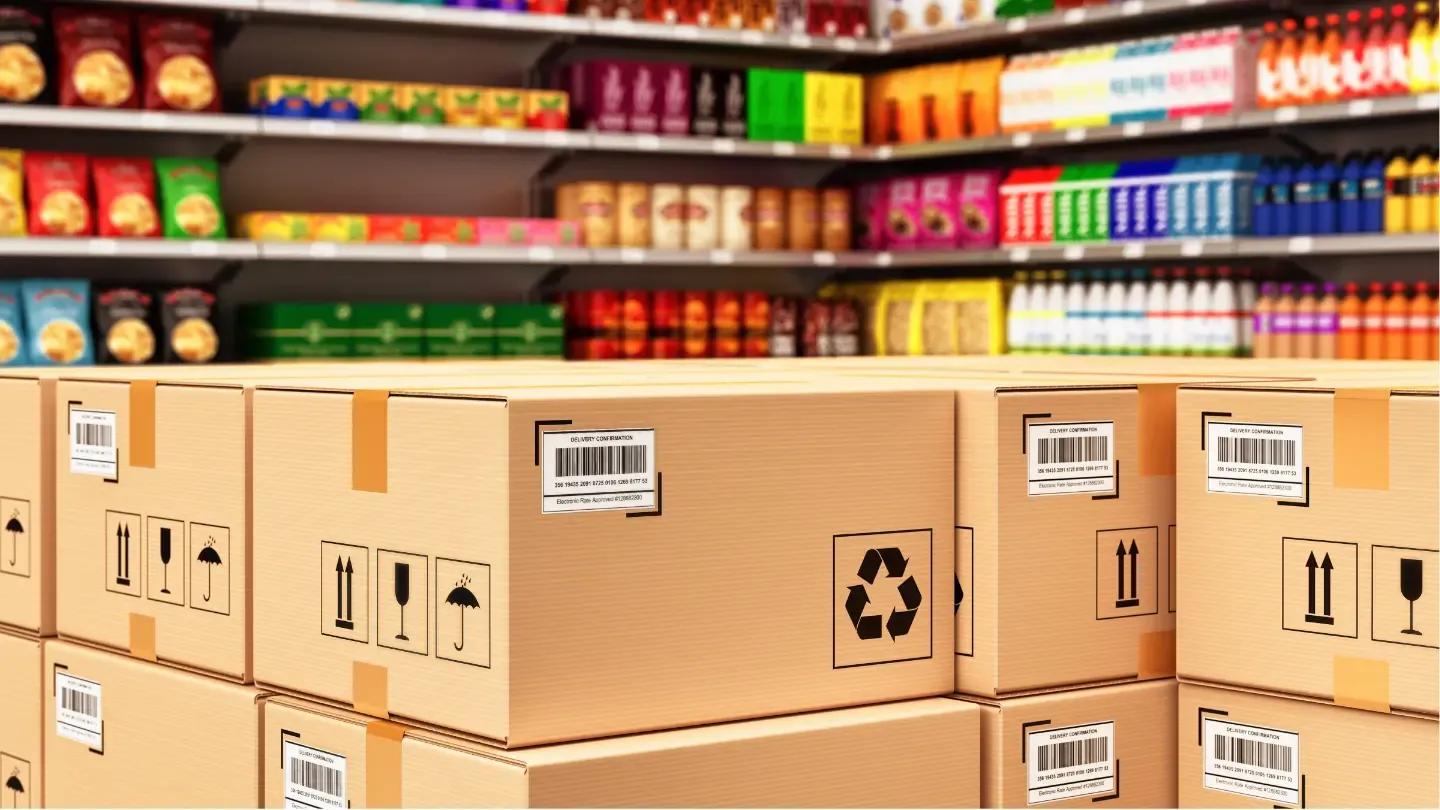
Information & Tips
12 September 2025
6 Must-Know Retail Logistics Services
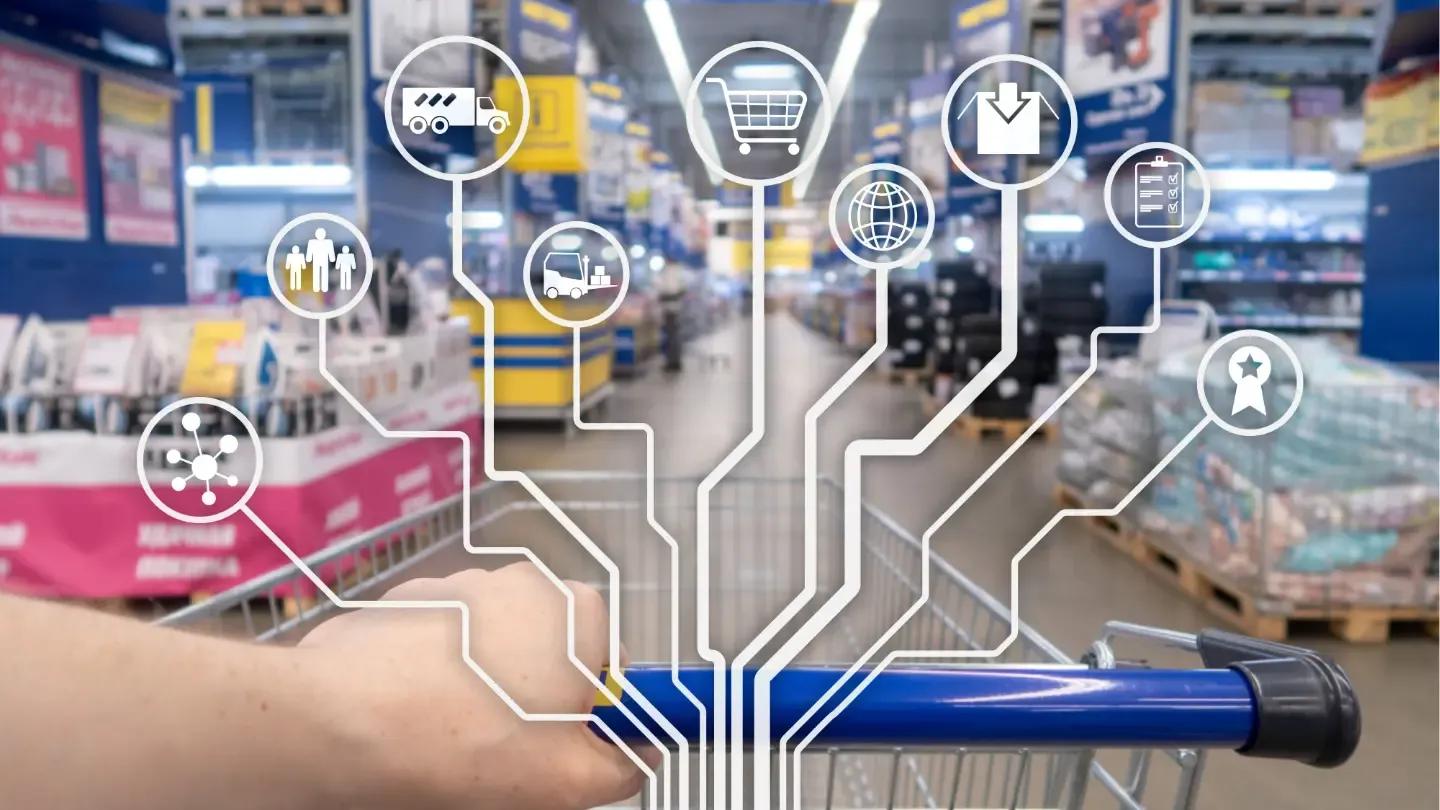
Information & Tips
12 September 2025
Understanding Retail Business and Its Challenges
Make sure you have the latest SELOG and Logistics information updates
Please enter your email to get the latest news or articles from us.
